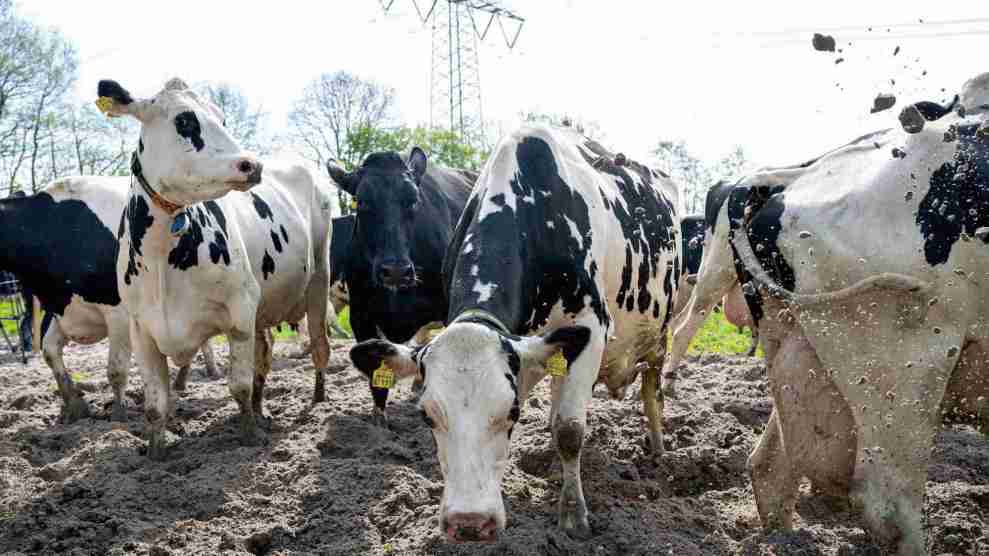Michelle Obama’s plan to plant a vegetable garden on the White House lawn is old news—everyone’s been bombarded with that adorable photo of schoolchildren tilling the south lawn with Mrs. O.—and no one seems to have much of a problem with it. Sure, it’s not the first White House garden. It’s mostly a PR stunt, a lovely vegetable patch that children can visit on field trips. Maybe some of them will plant a garden of their own, or visit a farmers’ market, or just eat more fresh produce. What could be wrong with that?
A lot, according to the Mid America CropLife Association. The large agricultural association was so horrified by the idea of a vegetable garden that they wrote an open letter to Michelle Obama (Mrs. Barack Obama to be precise) and sent it to industrial farmers’ advocacy groups. You can read the entire letter on the web, but here are a few choice excerpts:
Much of the food considered not wholesome or tasty is the result of how it is stored or prepared rather than how it is grown. Fresh foods grown conventionally are wholesome and flavorful yet more economical. Local and conventional farming is not mutually exclusive…
If Americans were still required to farm to support their family’s basic food and fiber needs, would the U.S. have been leaders in the advancement of science, communication, education, medicine, transportation and the arts?
There’s a lot to be said for advancing beyond the hunter-gatherer phase of human existence, but I doubt a home vegetable garden is enough to disintegrate several thousand years of evolutionary progress. It gets even better:
The White House is planning to have an “organic” garden on the grounds to provide fresh fruits and vegetables for the Obama’s and their guests. While a garden is a great idea, the thought of it being organic made Janet Braun, CropLife Ambassador Coordinator and I shudder.
Really, shudder? Organic produce may be over-hyped, but the real problem is that “organic” produce doesn’t do enough to find a truly sustainable solution. The Mother Jones food issue presents a number of proposals for the future of agriculture, (check back later this week for a special forum!) none of which involve reverting back to our Homo erectus habits. Or hating on home gardens.














